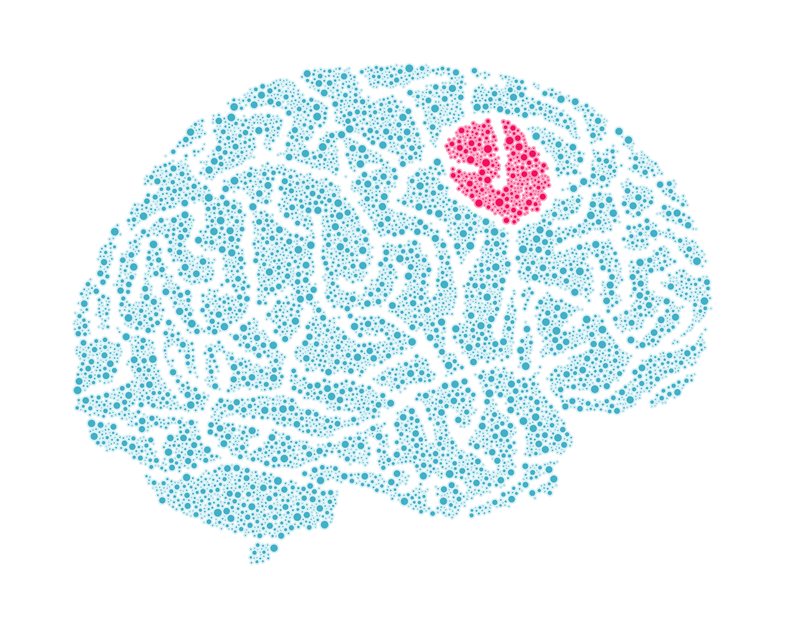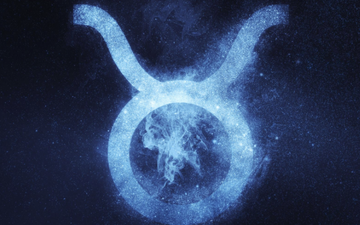
What is a brain tumor?
A brain tumor is a cluster or mass of abnormal cells in the brain. The skull, which holds the brain inside, is very rigid. Any increase within such a limited space can cause problems. Brain tumors can be carcinogenic (malignant) or noncancerous (benign). When benign or malignant tumors grow, they can cause increased pressure inside the skull. This can cause brain damage and can be life threatening.
Brain tumors are categorized as primary or secondary. A primary brain tumor originates in the brain. Many primary brain tumors are benign. A secondary brain tumor, also known as a metastatic brain tumor, occurs when cancer cells spread to the brain from another organ, such as the lungs or breast.
General signs and symptoms
The symptoms of brain tumors vary depending on the type, size and exact location in the brain. Below are some of the more common signs and symptoms.
Headache changes
Worsening headaches are a common symptom, affecting about 50% of people with brain tumors. A tumor in the brain can put pressure on sensitive nerves and blood vessels. This can result in new headaches, or a change in common headaches.
- You have constant headaches, but it is not migraine.
- Your head hurts more in the morning when you get up early.
- Associated with vomiting or other neurological symptoms.
- Worsens when you exercise, cough or change position.
- Over-the-counter headache medications do not help at all.
Nervous crisis
Brain tumors can push nerve cells into the brain. This can interfere with electrical signals and result in a nervous breakdown. A seizure is sometimes the first sign of a brain tumor, but it can occur at any stage. About 50% of people with brain tumors experience at least one seizure. Crises do not always occur from a brain tumor. Other causes include neurological problems.
Personality changes or mood changes
Tumoret në tru mund të prishin funksionin e trurit, duke ndikuar në personalitet dhe sjellje. Ato gjithashtu mund të shkaktojnë ndryshime të pashpjegueshme të humorit. Për shembull:
- Njerëzit, të cilët më parë komunikonin mirë, irritohen më shpejt.
- Bëhen pasivë
- Janë të relaksuar dhe të lumtur dhe më pas ndryshojnë dukshëm.
Këto ndryshime mund të ndodhin herët, por gjithashtu mund të ndodhin nga kimioterapia dhe trajtimet e tjera të kancerit. Ndryshimet e personalitetit dhe ndryshimet e humorit mund të jenë gjithashtu për shkak të çrregullimeve mendore, abuzimit të substancave dhe çrregullimeve të tjera që përfshijnë trurin.
Humbja e kujtesës dhe konfuzioni
Problemet e kujtesës mund të jenë për shkak të një tumori në lobin frontal ose të përkohshëm. Një tumor në lobin frontal ose parietal gjithashtu mund të ndikojë në arsyetim dhe vendimmarrje. Për shembull, këta njerëz:
- mund ta kenë të vështirë të përqendrohen
- hutohen për gjëra të thjeshta
- e kanë të vështirë të bëjnë detyrat dhe të planifikojnë
- kanë probleme me kujtesën afatshkurtër
Lodhja
Lodhja është ndryshe nga ajo e zakonshmja. Njerëzit me tumor në tru mund të jenë të rraskapitur pothuajse gjatë gjithë kohës, të ndihen të dobët në përgjithësi, e gjejnë veten shpesh duke fjetur gjumë në mes të ditës, humbasin aftësinë për t’u përqendruar etj.
Depresioni
Depresioni është një simptomë e zakonshme midis njerëzve që kanë marrë një diagnozë të një tumori në tru. Edhe kujdestarët dhe të dashurit e tyre mund të zhvillojnë depresion gjatë periudhës së trajtimit. Kjo mund të paraqitet si:
- ndjenjat e trishtimit që zgjasin shumë dhe duken normale për situatën
- humbje e interesit ndaj gjërave që ju pëlqenin më parë
- mungesë energjie, probleme me gjumin, pagjumësi
- mendime për vetëdëmtim ose vetëvrasje
- ndjenja të fajit ose pavlefshmëri
If you have some of the signs and symptoms listed above, it certainly does not mean you have a brain tumor. Since these symptoms overlap with the symptoms of many other conditions, it is important to get the correct diagnosis. Determining the cause of the symptoms is the first step towards the treatment you need.

Sources: Healthline, UCHealth Today





